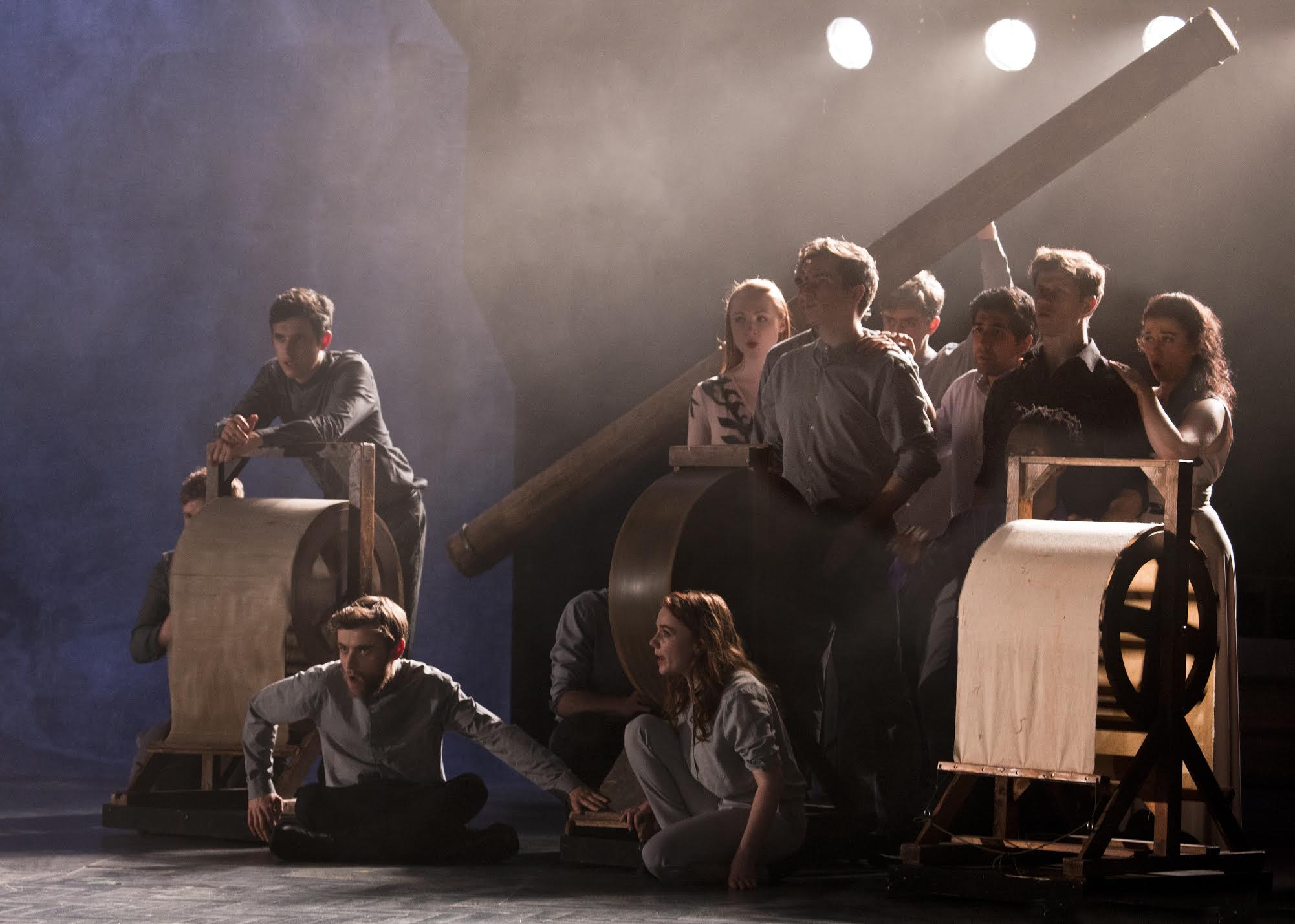
So what do you do with theatre programmes aka playbills (in the USA)? They make nice souvenirs of an evening out but what if you’re in the theatre working three or four times a week? You’d soon need a very large rented storage facility to accommodate them unless you own a mansion.
For decades I scrupulously kept mine and I still have some interesting old ones such as the one relating to the production in which Simon Ward played Richard II at Alleyns School in about 1963. Then there was Stravinsky’s last concert in London at Royal Festival Hall in 1965 and the original 1979 Amadeus at National Theatre with Paul, Scofield, Simon Callow and Felicity Kendal in the cast.
About 15 years ago, however, I realised that I simply couldn’t go on accumulating them so I had a big clear out of all but the most memorable ones – aware, even as I was doing it, that I was throwing away an archive and potentially useful resource. Every now and then someone donates a fifty year programme collection to someone and there it is – theatre (and maybe musical) history and I reflect wistfully that we’re simply not all the position to do that.
Today, I see the show, write the review, keep the programme for a week or two in case there’s a query and then put it – with a pang – in the recycling bin.
Programmes matter. They often include interesting essays and interviews relating to, say, the play, the production or the company. I’ve even written a few of those over the years. I used to advise students whom I took on English Literature theatre trips (many were also doing Theatre Studies) always to buy a programme so that they could read such pieces and, I hoped, get beyond the confines of the syllabus which prescribed whatever play it was we were seeing. If money was an issue I suggested they shared the cost in small groups and bought just one programme between two or three.
When you’re reviewing of course a programme is an essential source if information. As I sometimes have to tell box office or other staff in theatres you can’t review without one. You need the names of performers and creatives. If it’s particularly way-out new play even a plot summary helps. Usually there’s a press desk and you’re given a programme with the tickets. If it isn’t press night the efficient marketing department will have left you a programme at the box office – or at least you hope they will. Best, under these circumstances, to arrive early in case there’s a hiccough.
But I digress. The point I’m really making is they end up binned and that seems a real shame. What a pity there isn’t some intra-theatre recycling system so that you could return your programme when it was finished with. It could then, now a second-hand item, be sold – perhaps at half price for a charity – at a subsequent performance. Tricky logistics but couldn’t someone come up with a way of making it work?



 I can think of few amateur companies who would, or could, take on the challenge of Brecht’s first play but ever-versatile, adventurous Sedos have staged it with confidence, verve and a lot of talent.
I can think of few amateur companies who would, or could, take on the challenge of Brecht’s first play but ever-versatile, adventurous Sedos have staged it with confidence, verve and a lot of talent.

 Photo: Scott Rylander
Photo: Scott Rylander


